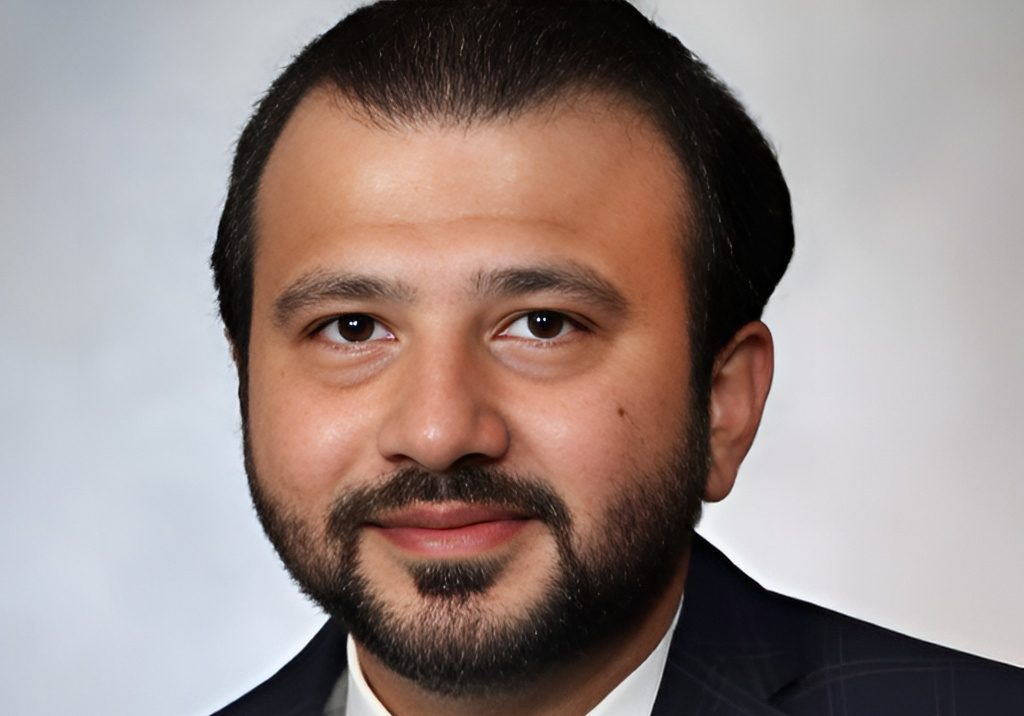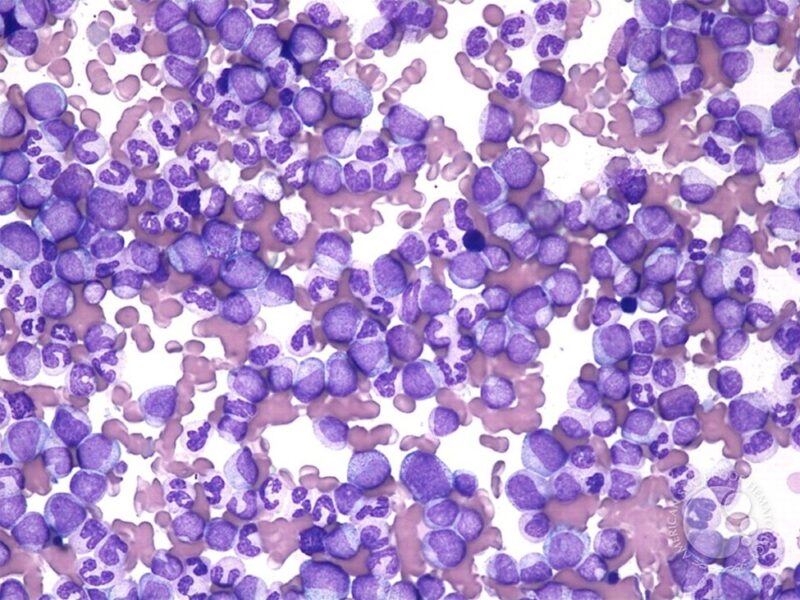
Talha Badar: Choice of frontline TKI for CML-CP
Talha Badar, Assistant Professor at Mayo Clinic Comprehensive Cancer Center shared a thread on Twitter/X:
“Weekend Review Thread:
Choice of frontline TKI for chronic myeloid leukemia in chronic phase (CML-CP)

CML-CP
Frontline TKI approved: Imatinib, Dasatinib, Nilotinib and Bosutinib
Aim of therapy: (a) Survival (b) achievement of MMR with opportunities for treatment free remission (TFR)
Practical considerations: (a) Cost of therapy (b)best suited therapy based on individual patient profile/co-morbidities.
Identification of highrisk patients
Major mechanism of resistance is point mutations in BCR::ABL1tyrosine kinase domain observed in 30% in chronic phase and 60% in accelerated/blast phase
Ideally patients with highrisk disease should be identified at initial presentation however no recommended diagnostic tool to predict response to TKI and assist in choice of TKI
Sokal 1984 and Hasford 1998 assigned patients to low/medium/high risk in preTKI era
EUTOS score was developed in 2011 to predict response following 18 mo of Rx
EUTOS long term survival ELTS outperformed SOKAL in predicting OS in IMATINIB TREATED Pts (read study)
Incidence of resistance to frontline TKI
Imatinib: primary resistance 10%, 16.5% discontinuation due to toxicities https://nature.com/articles/leu2017253
Dasatinib: <5%
Treatment free remission after 1st line TKI
2nd generation TKI are more likely to achieve MMR than 1st generation TKI
3 yrs TFR after 2 yrs of major molecular remission (40-50%) (Radich et al, Leukemia 2017 & leukemia 2021)
5 yrs TFR after > 5 yrs of major molecular remission >80% (read study)
Toxicities to frontline TKI
Imatinib
Common; rash, fluid retention, diarrhea, skin depigmentation
Consider TKI discontinuation; renal toxicity and neurotoxicity
Nilotinib
Common; rash, headache, high bili, glucose intolerance and dyslipidemia
Consider TKI discontinuation; worsening diabetes, Vaso-occlusive events.
Dasatinib
Common; pleural effusion, cytopenia
Consider TKI discontinuation, pulmonary hypertension.
Bosutinib
Common; diarrhea, renal dysfunction, liver dysfunction
Consider TKI discontinuation, enterocolitis.
Cross intolerance to TKIs is in the range of 15-20%.
Conclusion
Choice of frontline TKI should be based on (1) goals of therapy(e.g. TFR may be less relevant in elderly CML), (2) cost of therapy and (3)patient’s health profile/co-morbidities.
So far, no recommended diagnostic tool to predict response to TKI.
Sokal score was developed prior to TKI era and less relevant in the current era of potent TKI, especially 2nd and 3rd generation.
Better TFR can be achieved in individuals with MMR for 5 yrs or longer.
Cross-tolerance to TKI are common and decision on switching TKI should be taken cautiously when dose reduction and supportive care measures are unsuccessful.”
Source: Talha Badar/X
OncoDaily
Dr. Talha Badar, MD, is a specialist in Hematology Oncology based in Mayo Clinic, Jacksonville, Florida. His primary areas of expertise include Leukemia, particularly Acute Myeloid Leukemia (AML), Myelodysplastic Syndrome (MDS), Acute Lymphoblastic Leukemia (ALL), and Bone Marrow Transplantation. Over his career, he has actively contributed to clinical research and clinical trials.
-
Challenging the Status Quo in Colorectal Cancer 2024
December 6-8, 2024
-
ESMO 2024 Congress
September 13-17, 2024
-
ASCO Annual Meeting
May 30 - June 4, 2024
-
Yvonne Award 2024
May 31, 2024
-
OncoThon 2024, Online
Feb. 15, 2024
-
Global Summit on War & Cancer 2023, Online
Dec. 14-16, 2023
